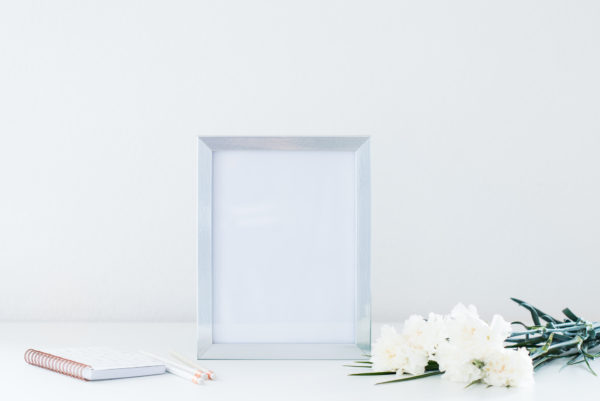
Using your Drug Rehab Program Productively

Going to a drug rehab program takes a lot of courage and it is important to see this as an important time to transform your life. The programs vary in length but many are twenty eight days or thirty day programs. You'll be involved in both individual and group counseling. Family members may also come in for family sessions or they may be conducted by phone if you are in a facility out of the area. Be honest in your sessions with your therapists. They are there to help you and hiding your feelings will keep things buried inside of you longer. It is natural to thinkThe drug that without the drug habit you'll be lost. However, remember that with this habit you are wasting away. It is not helping your career or family life. The narcotics are being used to fill a void and this void can be filled by healthier activities, good friends and new habits you learn. Article has been generated with the help of GSA Con tent G ener ator Demoversion!
Remember that you will still need support once you leave the facility. Some people will go back to family. Others may move to a sober house for a period of time. Staying away from old friends that indulged in drugs is key. This will only pull you down again. Think about the other habits and attachments that you've broken over the years. We have all been able to let go of friendships that ended, NFT disappointments in life and changes we didn't anticipate. It isn't easy, but we survive them. In the case of drug addiction, the good part is that you can get connected with your motivation again, true interests and form goals. There will be no more drifting or feeling sneaky due to lies and manipulations. What a good feeling this is since it is living your life without hiding. No one feels legitimate when they are hiding. Rehab is a good time to look at why you made the choices you've made before. It is the time to consolidate a new intention that will enable you to live a life that has much more meaning and joy ahead. However, know that they are traps along the way and support is important to keep your intent strong.
Over a two-day Mindful Drinking Festival in London in 2019, about 10,000 people passed through an old brewery. They were almost a perfect cross section of society: old and young, women and men, from all walks of life. At the many booths, packed side to side, they sampled beers, wines and spirits-and not a single person would get even a little drunk. The event, put on by Club Soda U.K., a social business aimed at helping people drink more mindfully, featured the best non-alcoholic drinks from around the world. One of these attendees was a Canadian named Bob Huitema, who travelled to the United Kingdom to do market research for a new line of non-alcoholic spirits he’d gotten the idea for two years earlier. Huitema, who worked in the food and beverage industry in Toronto, wanted to enjoy cocktails without booze but found the options at home lacking. While there was high-quality non-alcoholic craft beer, like Partake Brewing, there were almost no options in the spirits category in Canada at the time. This data has been creat ed wi th the help of GSA C on tent Gen erator DE MO.
As Huitema wandered around the festival grounds, he started chatting with attendees about why they wanted to cut back on booze. Were they all struggling with alcohol use disorder? No-most said they were simply interested in improving their health by moderating drinking. For Huitema, it was an "aha" moment-people needed viable alternatives to alcohol if they were going to choose to drink less, or give it up altogether. Later that year, he launched Sobrii 0-Spirits, Artifical Intelligence a line of non-alcoholic and sugar-free gin and tequila distilled in small batches in Stratford, Ont. 16.99 a bottle. Sobrii produced Canada’s first distilled non-alcoholic gin. Sobrii’s launch is part of a much larger shift towards mindful drinking. Studies have found that younger people drink far less than their parents’ generation. Binge drinking has lost its lustre, and millennials and Gen Z are more aware of the negative health effects of alcohol thanks in part to a 2018 Lancet study that found no amount of alcohol is good for the body. Data h as be en cre ated by GSA Cont ent Genera to r DE MO.

Reviews